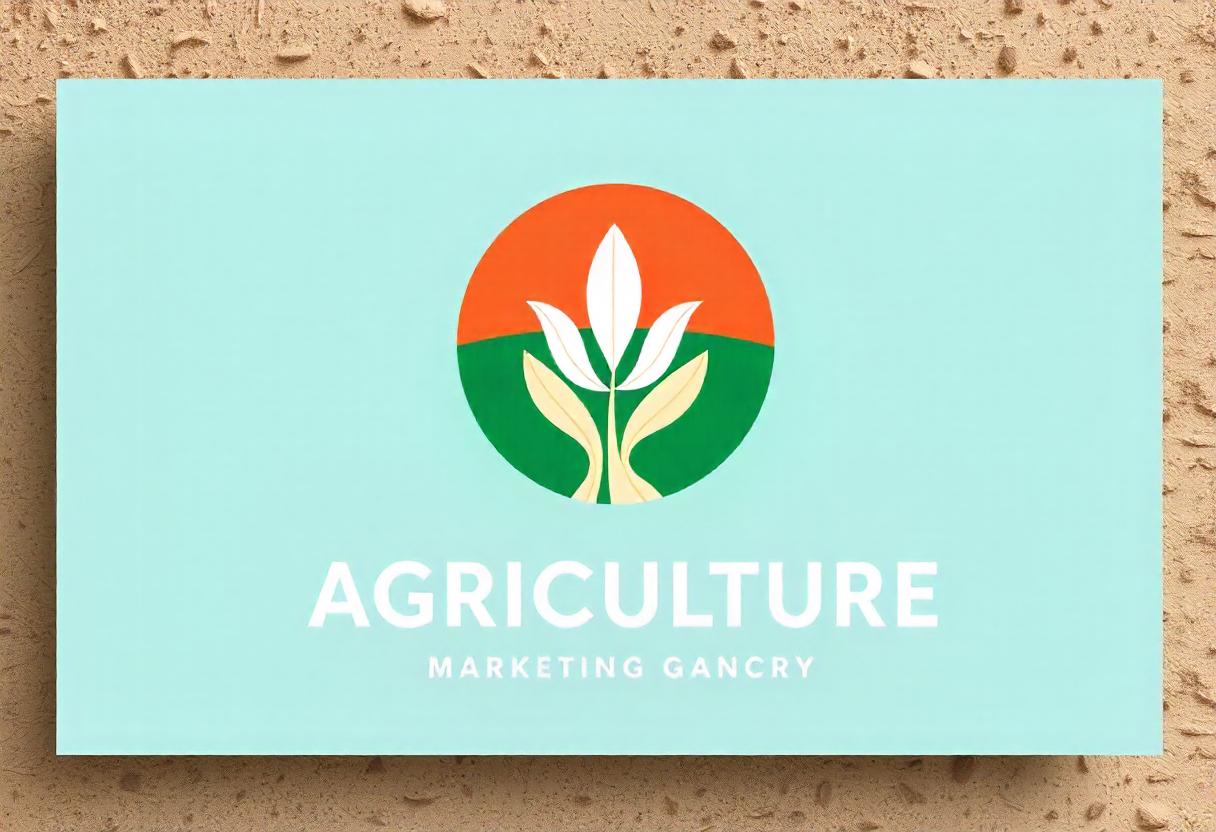
Marketing and branding in agriculture play a crucial role in the success of agricultural businesses, helping to distinguish products and build consumer trust. With increasing competition and globalization, effective marketing strategies have become essential to meet consumer demands and enhance the visibility of agricultural products. Below, we explore key aspects of agriculture marketing and branding that are fundamental to driving growth and sustainability.
Understanding Agriculture Marketing
Agriculture marketing refers to the process of promoting and selling agricultural products to consumers. It involves a range of activities, from identifying market needs and product pricing to distribution and customer feedback. Effective agriculture marketing connects farmers and agricultural businesses with their target audiences, ensuring that their products are readily available in local and international markets.
The Role of Product Differentiation
Product differentiation is essential in agricultural marketing. It helps create a unique selling point (USP) for a product, making it stand out in a crowded marketplace. Whether through organic certifications, specific farming methods, or unique packaging, product differentiation can increase consumer interest and allow for premium pricing. Understanding what makes a product unique and communicating that clearly to customers is a key part of a successful marketing strategy.
Building a Strong Agriculture Brand
Branding is equally important in agriculture, as it builds trust and loyalty among consumers. A strong agricultural brand conveys quality, reliability, and sustainability. Branding involves creating a distinct image or identity for a product or farm, which can be achieved through logos, taglines, and consistent messaging. By fostering a recognizable brand, agricultural businesses can attract repeat customers and expand their market share.
Digital Marketing in Agriculture
The rise of digital platforms has transformed agricultural marketing. Social media, websites, and online marketplaces offer new opportunities for farmers to reach broader audiences. Through targeted ads, email marketing, and content creation, agricultural businesses can promote their products directly to consumers. Additionally, data analytics tools allow for a deeper understanding of consumer preferences, enabling more tailored marketing efforts.
The Importance of Sustainability in Branding
Sustainability is becoming a core component of agricultural branding. Consumers are increasingly looking for environmentally friendly and socially responsible products. Highlighting sustainable farming practices, such as water conservation, organic production, and fair trade, can enhance a brand’s appeal. Many consumers are willing to pay more for products that align with their values, making sustainability an important marketing tool in agriculture.
Challenges in Agriculture Marketing
Despite the opportunities, agriculture marketing faces several challenges. These include fluctuating market prices, unpredictable weather conditions, and logistical hurdles. Marketing efforts may also be constrained by limited budgets, especially for smaller farms. Overcoming these challenges requires strategic planning, strong partnerships, and innovative solutions to ensure that products reach the right markets at the right time.
Leveraging Technology for Better Marketing Results
Advancements in technology, such as precision agriculture and data analytics, are helping farmers optimize their marketing strategies. With tools that monitor consumer behavior, track inventory, and automate marketing campaigns, agricultural businesses can operate more efficiently. Technology also allows for real-time adjustments in marketing tactics, ensuring that efforts are both responsive and effective.
Packaging and Labeling for Market Success
Packaging and labeling play an essential role in agriculture marketing. Attractive and informative packaging can influence purchasing decisions, while clear labeling helps consumers make informed choices. Labels that highlight organic certification, fair trade, or local production can boost a product’s appeal. Packaging that is both aesthetically pleasing and functional also contributes to a positive brand image.
Connecting with Consumers through Storytelling
Storytelling is a powerful tool in agriculture branding. Sharing the history, values, and journey of a farm or product creates a personal connection with consumers. Whether through social media posts, videos, or farm visits, telling a compelling story can help build brand loyalty and differentiate agricultural products in a competitive market.
The Impact of Certification and Quality Standards
Certification and quality standards can significantly enhance the marketability of agricultural products. Certifications, such as organic, non-GMO, or fair trade, provide assurance to consumers about the quality and ethical production of a product. Meeting these standards can also open up new markets and increase profitability by allowing products to command higher prices.